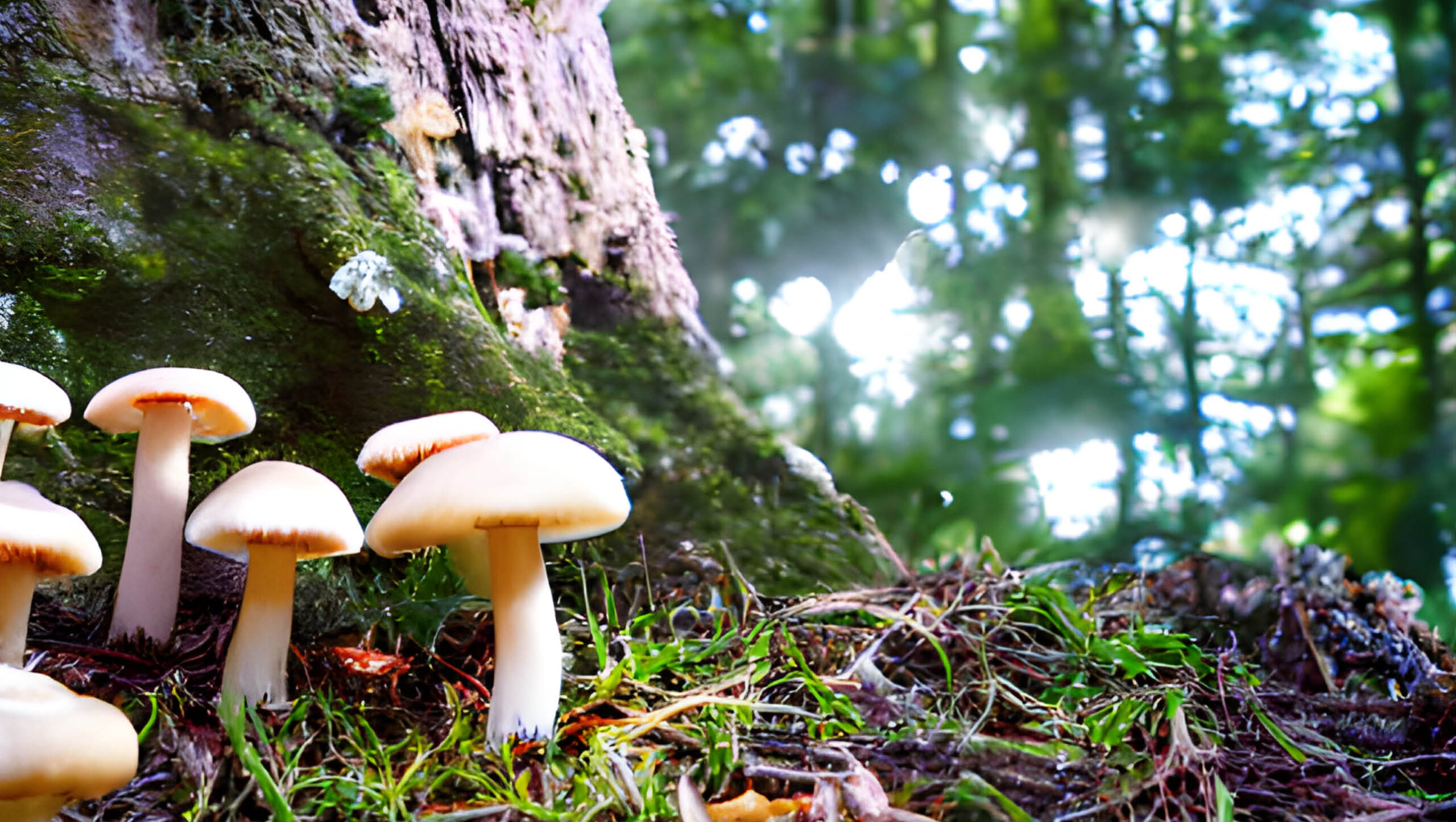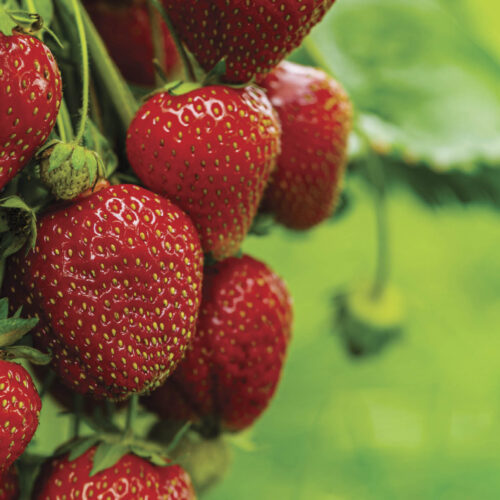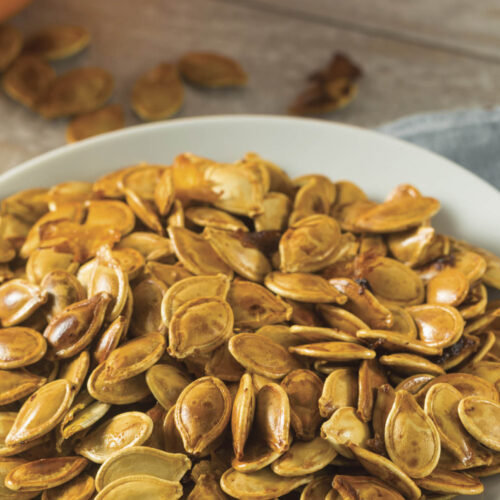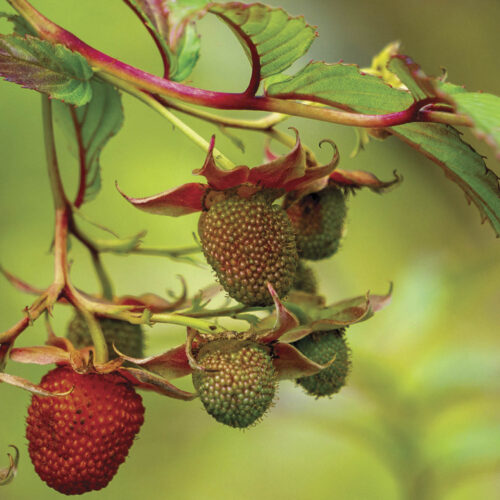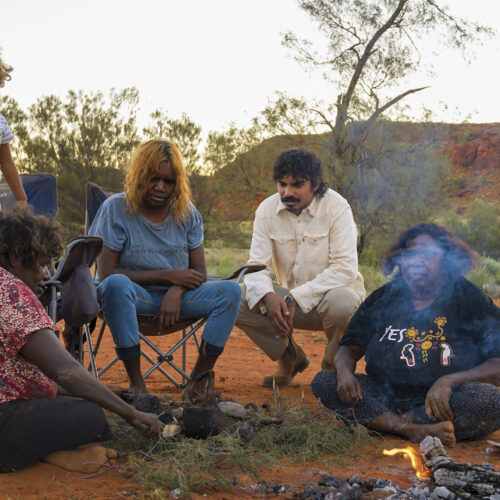How ‘The Last of Us’ Inspires Us to Tackle Climate Change
2023-03-28T02:53:23+11:00
The hit HBO show The Last of Us creates some interesting questions around the threat and benefit of mushrooms and their role in tackling climate change.
Being 22 years old and picturing the future can be a scary thought. The UN released a statement on March 20 reporting that at the current rate of progress, the world will miss the emissions reduction target of 2030. Despite such news, I have hope. Quoting the hit HBO show The Last of Us, which I devoured when each episode came out, “When you’re lost in the darkness, look for the light.” For me, the hope comes from knowing that my generation has grown up aware that our connection with nature is important and worth protecting. I remember one of the first things I was taught in primary school was what goes in the recycling bin! The Last of Us may focus on the gut-wrenching stories about human relationships, but beneath all the layers of scary zombies and tears, there is an important allegory about the intrinsic connection between people and the earth.
We are introduced to the world of The Last of Us with a quite factual explanation of how fungi currently operate from a mycologist who says that Cordyceps cannot survive in the warm bodies of human hosts, then questions “… what if that were to change? What if, for instance, the world were to get slightly warmer? Now there is a reason [for fungi] to evolve.”
As reported in a recent scientific paper by the International Journal of Environmental Research and Public Health, fungi do thrive in higher temperatures, particularly in environments such as grain silos, which taken in the context of the show is ominous as that’s how the fungi spreads in-universe.
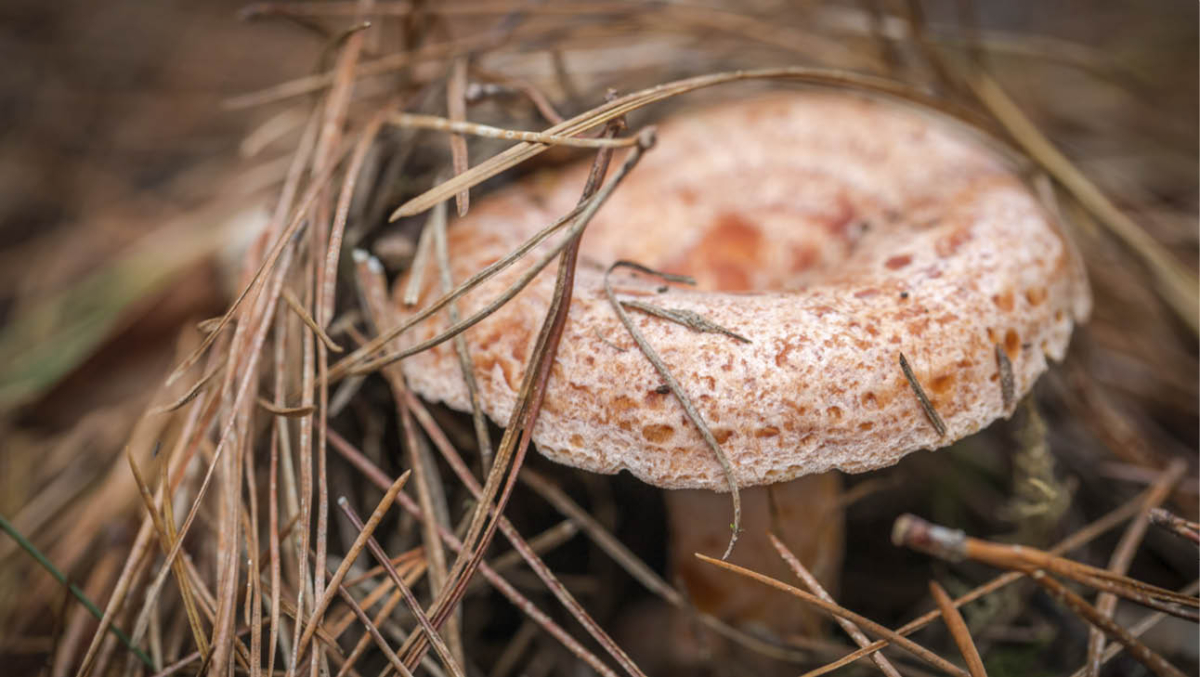
It all seems a little far removed from daily life, I mean I’ve never stepped foot in a grain silo, but I do have a little corner of my garden full of a plethora of colourful mushrooms. What if one day those workers of the ecosystem could change the way you think or maybe even act? It is important to note that there is no evidence of Cordyceps being transmissible to humans or that it even has the capability to do that, so don’t break out the fungicide! But the disease itself is real and proliferates amongst ants and caterpillars. The message here is not to be fearful of a fungal apocalypse, but to be more mindful of the important relationship between humanity and nature. It may be fiction, but the entire show is a call-to-action for Gen Z: despite the dystopian world of The Last of Us, our society still has the capacity for change and that the steps we are taking to reduce waste and pollution has a positive effect.
As a matter of fact, as we all know in reality fungi can help further this goal. Scientists are developing it as an alternative to meat proteins such as steak and bacon, with the fungal mycelium producing between 60 and 90% protein – making it a potentially viable route for many to adopt vegetarian or vegan lifestyles. A paper in the Journal of Future Foods goes into greater detail about the potential of the humble mushroom. It is also starting to be developed as a potential new source of packaging that uses organic waste from mushrooms and reduces landfill. These are just a few examples of the ways fungi can help produce a more sustainable future.
Nature has an incredible resilience, but we need to make sure we support it. Using alternatives such as mushrooms, seaweed and even corn husks, we can begin to repair our world. I have hope that this generation will not be The Last of Us.
Sources:
https://accreditation.fisat.ac.in/naac/tables/333-books/333_14.pdf
https://www.ipcc.ch/report/ar6/syr/downloads/press/IPCC_AR6_SYR_PressRelease_en.pdf
https://reader.elsevier.com/reader/sd/pii/S2772566921000021?token=CD8B193CB5A088D870CB3BD04CA2C6C6F24B04CD8B475AD163F55F2BA446107402D9223277EEC3E877B2716AFA69848D&originRegion=us-east-1&originCreation=20230328001338

